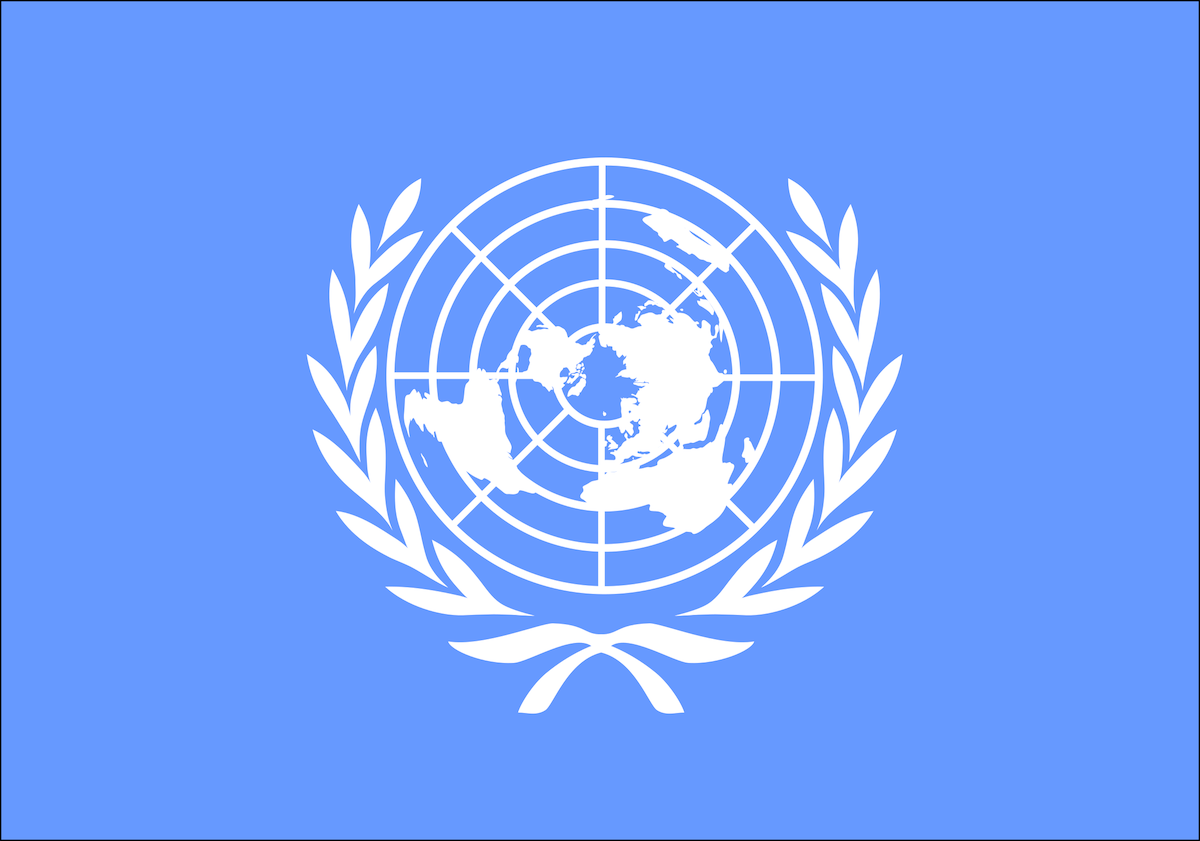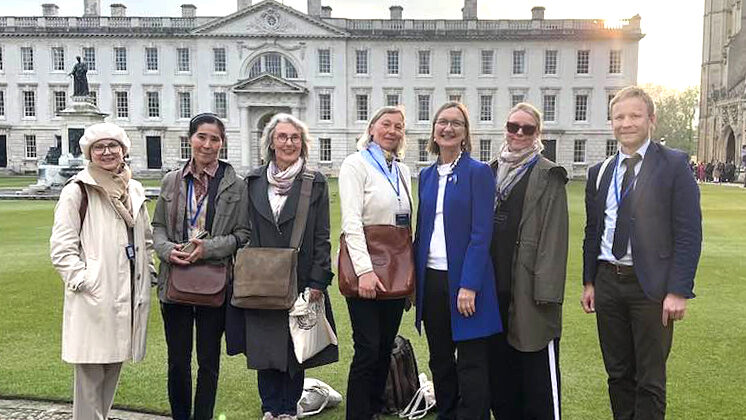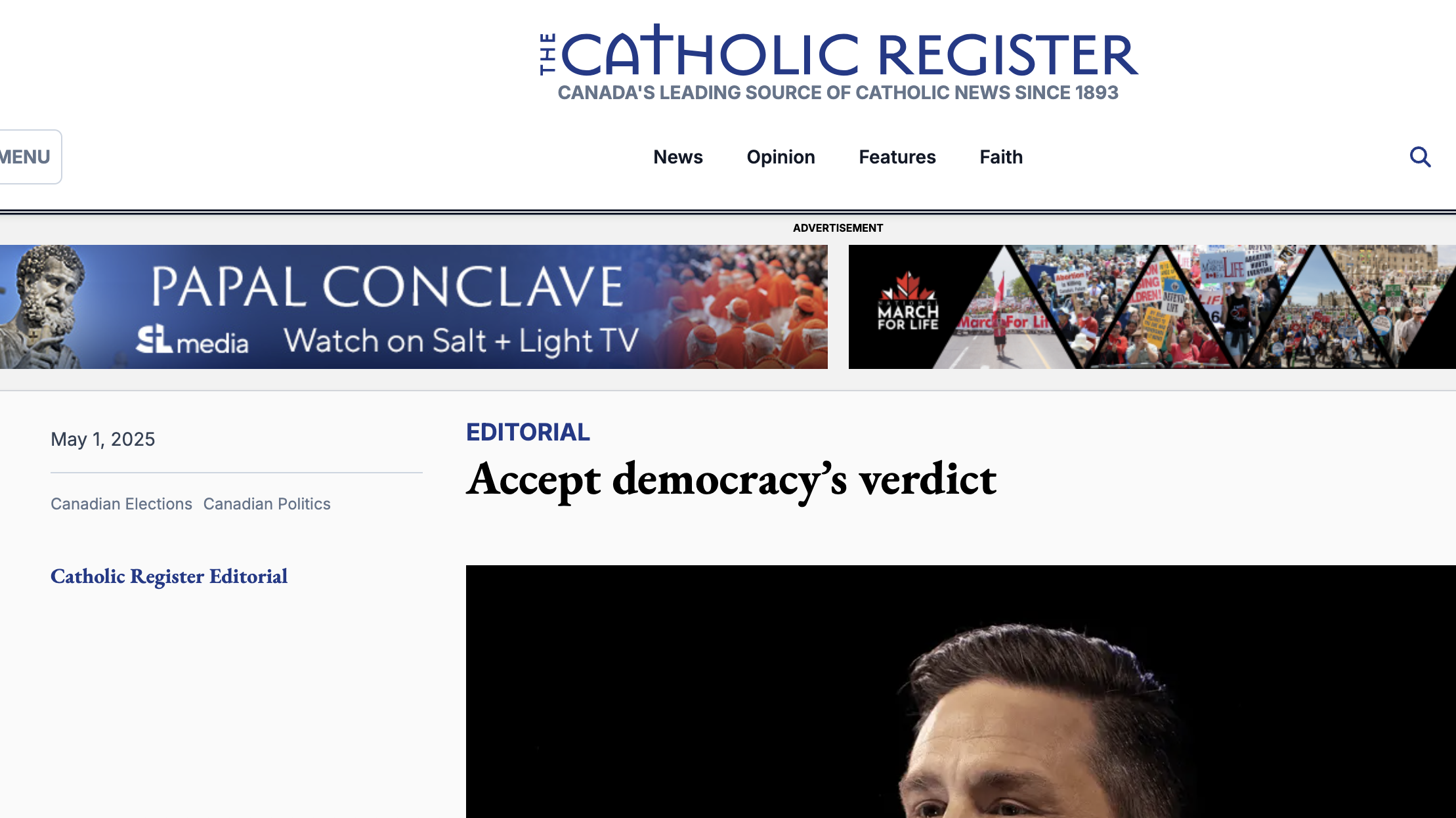Estonia is a first time candidate and offers a principled and well-reasoned ”campaign platform”:
• All UN members should have the opportunity to contribute towards stability and security through Security Council membership.
• Estonia can be an advocate for the concerns and interests of the small state.
• Estonia, recognized internationally as a leader in efficient governance and creative e-solutions is committed to sharing its experiences and best practices.
• Through increased inclusiveness and targeted action, Estonia advocates for better accountability, coherence and transparency.
• Estonia will work towards greater Security Council efforts to strengthen the UN commitment to conflict prevention through increased attention and resources.
• Estonia advocates responsibility, fundamental to implementing the Sustainable Development Goals that drive economic growth, eradicate poverty and preserve the environment.
• Estonia stands by everyone's right to respect and dignity and will continue its active contribution to peacekeeping, investment in development and humanitarian aid.
The 2019 UN Security Council elections in the General Assembly are scheduled for mid-2019. These elections are for five non-permanent seats on the Council for two year terms commencing in January 2020.
According to Security Council rules, the total of ten non-permanent seats rotate among the various regional blocs into which UN members traditionally divide themselves for voting and representation purposes. The five currently available seats are allocated as follows: two for Africa; one for the Asia-Pacific group; one for Latin America and the Caribbean; one for the Eastern European Group. An additional bloc is Western Europe and other countries.
Estonia has not yet been a member of the Security Council and belongs to the Eastern European group. Romania, which has been a member on four occasions, is currently also a candidate for that seat.
Our assistance to Estonia may be in the form of a time-honoured Canadian citizen participation effort: urge your member of parliament to convey your request to the Canadian government and the Department of Foreign Affairs. This does not exclude any other method of advocacy. We would be naïve to expect that Canada's vote in the Security Council regarding future membership is a high priority concern for MP's, the media or the public. However, Canada's current foreign minister, Chrysia Freelend, has forcefully indicated that, formerly Soviet-occupied countries have a right to maintain their unhindered self-determination and be confident that the antagonism of a politically aggressive neighbour does not become militarily confrontational. She has been one of the architects of Canada's decision to deploy its military in Latvia as part of the country's commitment to NATO's collective security.
Even though Estonia's avowed contribution to the Security Council is not self-serving but sincerely altruistic, I am convinced, as an Estonian living abroad, that a place on the Security Council will help Estonia sustain its inviolable sovereignty.
It's well known that Canadian foreign policy is formulated and managed more by the cabinet and professionals in Foreign Affairs than by parliament and its legislators. But on compelling issues, Members of Parliament are expected to advance their positions either independently or collectively as a parliamentary resolution – although an issue regarding a UN General Assembly vote on Security Council membership may not be deemed important enough for a resolution in the Canadian House of Commons. (Private member's resolutions require unanimous consent.)
A personal observation: After participating numerous times in the 1970s and 1980s in lobbying Ottawa decision-makers to maintain Canada's de jure non-recognition of the Soviet annexation of the Baltic states, I was completely persuaded that it was more likely the determination of Canadian MPs and Senators than the country's diplomats (who seemed to be more inclined to avoid annoying Moscow) that kept Ottawa insisting Estonians, Latvians and Lithuanians are justified in demanding self-determination for their captive nations. And this in spite of the fact that Baltic communities did not form any discernible voting bloc in any one MP's constituency and the question did not become a public issue in any electoral campaign.
Thus it will be our ingenuity to find reasons why it would benefit Canada to support a pro-Estonia vote at the UN. Future columns will discuss this and other questions raised above and the intricacies of negotiating for votes in the corridors of the UN.
Laas Leivat, Toronto




